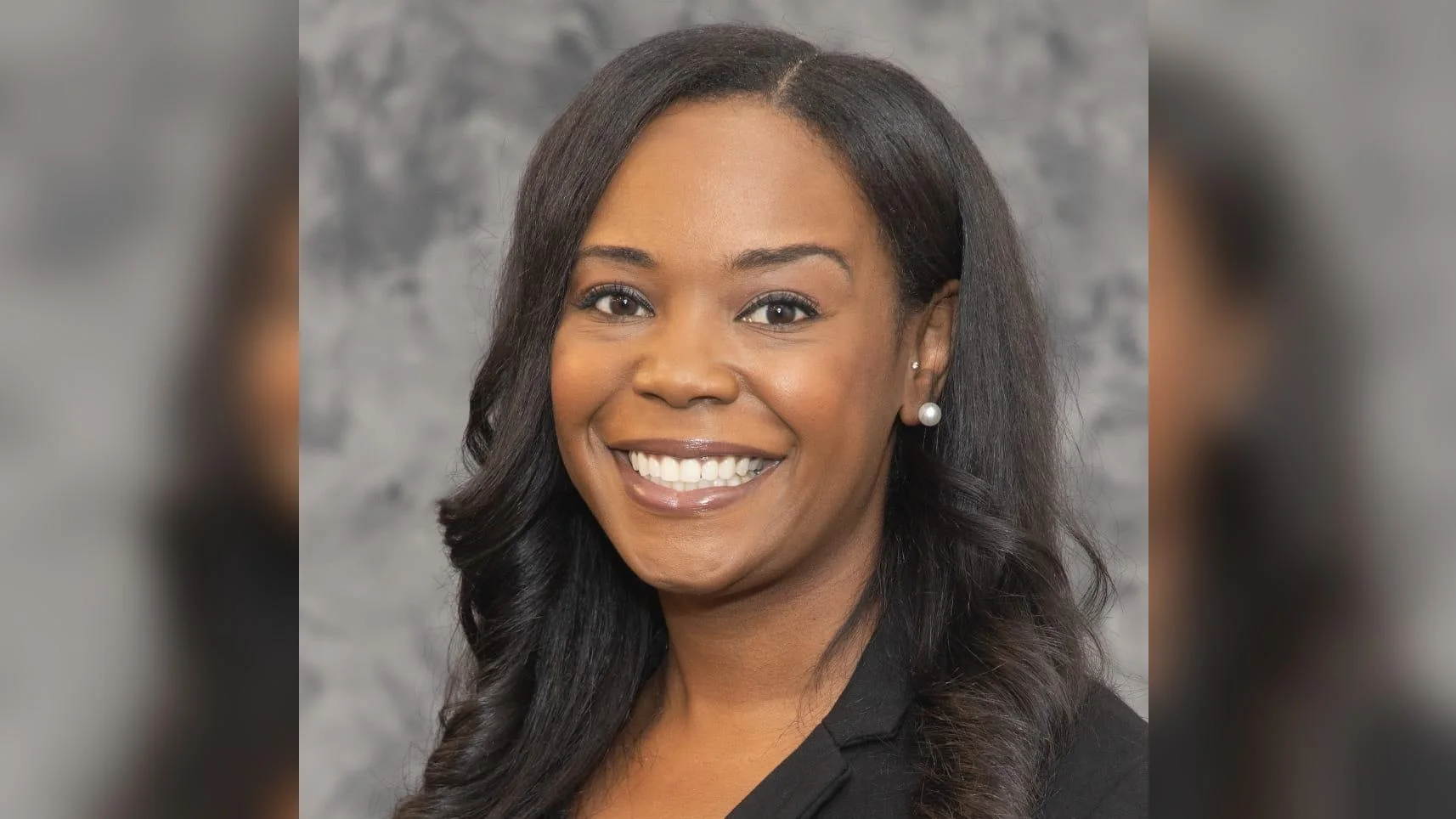Chardaé Burton Director of Legislative Affairs | Michigan Department of Health & Human Services Website
Chardaé Burton Director of Legislative Affairs | Michigan Department of Health & Human Services Website
Michigan is projected to see a decline in opioid overdose deaths for the third consecutive year in 2024, according to provisional data from the Michigan Department of Health and Human Services (MDHHS). The analysis indicates a 34% reduction in overdose deaths between 2023 and 2024, amounting to approximately 1,000 fewer deaths. This trend reflects ongoing efforts and investments in prevention, treatment, recovery, and harm-reduction initiatives supported by funds from national opioid settlements.
Attorney General Dana Nessel has played a significant role since 2019 by securing over $1.6 billion in settlements for Michigan governments from companies such as McKinsey & Co., Cardinal Health, McKesson Inc., AmerisourceBergen, Janssen Pharmaceuticals, Teva Pharmaceutical, Allergan Pharmaceutical, CVS, Walmart, and Walgreens.
"The progress we are seeing in combatting the opioid epidemic proves what is possible when real investments are made in treatment and prevention," said Nessel. "My office will continue working to hold those responsible for this crisis accountable to ensure the health and well-being of residents are put ahead of corporate greed and help support long-term recovery efforts for Michigan families."
The majority of settlement funds are distributed between local governments and the Michigan Opioid Healing and Recovery Fund. These resources have facilitated evidence-based strategies outlined by the Michigan Opioids Task Force. Over 1.3 million naloxone kits have been distributed with nearly 34,000 reported uses reversing overdoses. Additionally, funds have aided early detection of contaminants in drug supplies and development of data tools guiding response efforts.
"Thanks to coordinated statewide efforts and strategic investments, we have seen a significant decline in overdose deaths in Michigan," stated Dr. Natasha Bagdasarian, chief medical executive for the State of Michigan. "Through the work of the Michigan Opioids Task Force and our local partners, we've distributed more than a million naloxone kits...and helped people access the care and support they need."
Community groups like Face Addiction Now also contribute significantly by expanding outreach programs providing education and peer recovery support.
"After years of heartbreaking increases...it’s incredibly encouraging to see a decline," remarked Lauren A. Rousseau from Face Addiction Now's Northwest Wayne County Chapter. "This progress is due to meaningful collaboration between state leaders...and grassroots organizations."
To enhance transparency regarding opioid settlement documents and distributions, an official web page was launched by Attorney General Nessel's office in March 2024.
The state continues maintaining public dashboards tracking fund usage while monitoring progress toward goals related to addressing this crisis effectively.






 Alerts Sign-up
Alerts Sign-up